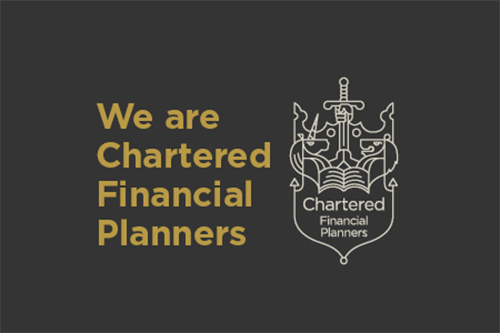What is investment planning?
If you’ve started to think about making investments, then you’ve probably begun to think about your long-term financial goals and how to achieve them. At Francis Clark Financial Planning, our team of experts can assist with investment planning – helping you to make your financial goals a reality.
Our financial planners will make sure you fully understand the investment options available to you so you can take an informed approach. We will help you build a personalised investment strategy and build a portfolio that meets your investment objectives. We provide investment portfolio advice, with regular evaluations and recommendations for adjustments as market conditions or your individual preferences change.
Why is investment planning important?
Investment planning can be a great way to safeguard your financial future. But there are many different types of investment options available – all with their own pros and cons depending on your requirements. It can be an overwhelming experience trying to decide which investment strategy is right for you and which will help you achieve your long-term goals. That’s why personal financial advice from one of Francis Clark Financial Planning’s dedicated team of financial planners can help you work out the investment approach that best matches your future aspirations.
What we advise on
Approach to investment risk
Working out the level of risk you’re willing, able and need to take to achieve your goals
Portfolio diversification
Making sure you have a diversified portfolio with expert advice to back it up
Choosing investments
Are you looking to make a long-term investment or short-term investment? Our financial advisers can help you decide based on your individual needs.
Different types of investment
- Investment funds
- Pooled investment schemes
- Open-ended investment funds
- Unit trusts
- Investment trusts
- Individual savings accounts (ISA)
- Investment bonds
- Offshore bonds
- Investing for income
- Ethical and sustainable investments
- Trustee investments
- Enterprise investment schemes (EIS)
- Venture capital trusts (VCT)
What are the benefits of investment planning?
Investment planning makes sure that both you and your family’s future is taken care of. While it can seem like a good idea to simply keep your money in a savings account, this can really limit how much your money can grow. As many high-street savings accounts don’t keep up with inflation, your money can devalue over time. That’s where our financial advisers step in.
Long-term investments can help improve financial security, efficiently manage your income and build your savings for later in life. Our investment planning service can help maximise your savings.
What are some common investment goals?
When deciding on which investment strategy is right for you, it’s important to think about the goals you hope to achieve. This can help you decide how long you are willing to invest for, the level of risk you’ll take, and what type of investment will be best. You may need different strategies for different goals. Common investment goals include:
- Retirement: A long-term investment goal for many people, in addition to a pension, to maintain a certain standard of living. We also offer dedicated retirement planning services.
- Education: A medium-term investment for parents, future parents or grandparents, who want to minimise student debt or look at private education for their children or grandchildren
- Improving your financial situation: A long-term goal for many investors. The right investment strategy can help you beat inflation and steadily grow your money over a number of years. Lifetime financial forecasting can also be helpful to realise your financial goals.
Contact Francis Clark Financial Planning for investment planning services
If you would like to ask more questions about how investment planning could benefit you, or you’d like to start building your investment portfolio, we can be contacted weekdays 9-5 on 0800 832 1785 or email us at [email protected]. A member of the Francis Clark Financial Planning team will be more than happy to help.
We have multiple offices across the South West of England if you would prefer to visit us in person. Visit our contact page to find out more about our offices.
All investments carry risk and it is an important part of the investment decision-making process to establish an individual’s approach to investment risk. Professional financial advice will help establish the investment approach that matches aspirations and risk aversion.















